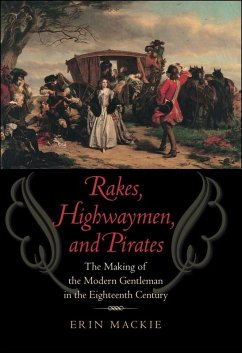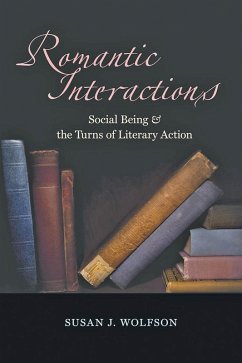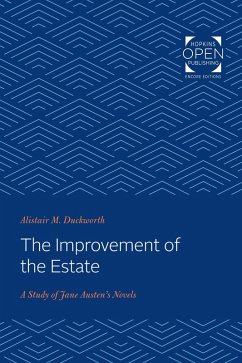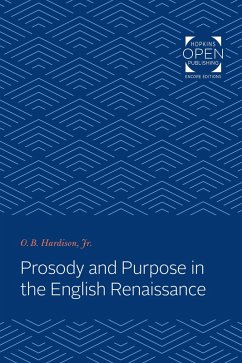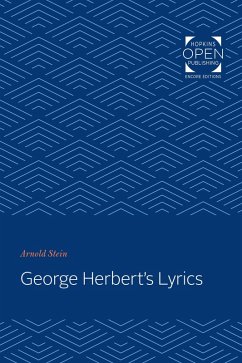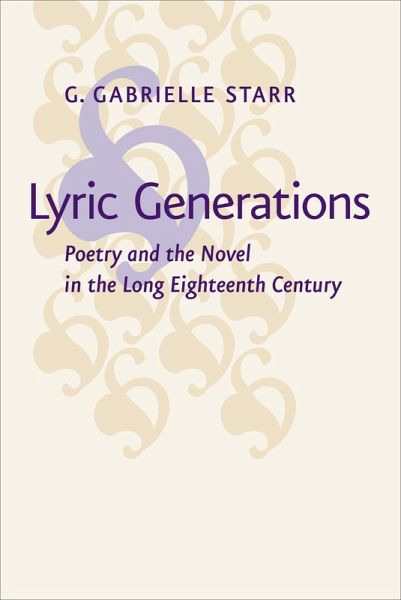
Lyric Generations (eBook, ePUB)
Poetry and the Novel in the Long Eighteenth Century
Versandkostenfrei!
Sofort per Download lieferbar
15,95 €
inkl. MwSt.
Weitere Ausgaben:

PAYBACK Punkte
8 °P sammeln!
Eighteenth-century British literary history was long characterized by two central and seemingly discrete movements-the emergence of the novel and the development of Romantic lyric poetry. In fact, recent scholarship reveals that these genres are inextricably bound: constructions of interiority developed in novels changed ideas about what literature could mean and do, encouraging the new focus on private experience and self-perception developed in lyric poetry.In Lyric Generations, Gabrielle Starr rejects the genealogy of lyric poetry in which Romantic poets are thought to have built solely and...
Eighteenth-century British literary history was long characterized by two central and seemingly discrete movements-the emergence of the novel and the development of Romantic lyric poetry. In fact, recent scholarship reveals that these genres are inextricably bound: constructions of interiority developed in novels changed ideas about what literature could mean and do, encouraging the new focus on private experience and self-perception developed in lyric poetry.In Lyric Generations, Gabrielle Starr rejects the genealogy of lyric poetry in which Romantic poets are thought to have built solely and directly upon the works of Chaucer, Spenser, Shakespeare, and Milton. She argues instead that novelists such as Richardson, Haywood, Behn, and others, while drawing upon earlier lyric conventions, ushered in a new language of self-expression and community which profoundly affected the aesthetic goals of lyric poets. Examining the works of Cowper, Smith, Wordsworth, Coleridge, and Keats in light of their competitive dialogue with the novel, Starr advances a literary history that considers formal characteristics as products of historical change. In a world increasingly defined by prose, poets adapted the new forms, characters, and moral themes of the novel in order to reinvigorate poetic practice.
Dieser Download kann aus rechtlichen Gründen nur mit Rechnungsadresse in A, B, BG, CY, CZ, D, DK, EW, E, FIN, F, GR, HR, H, IRL, I, LT, L, LR, M, NL, PL, P, R, S, SLO, SK ausgeliefert werden.




